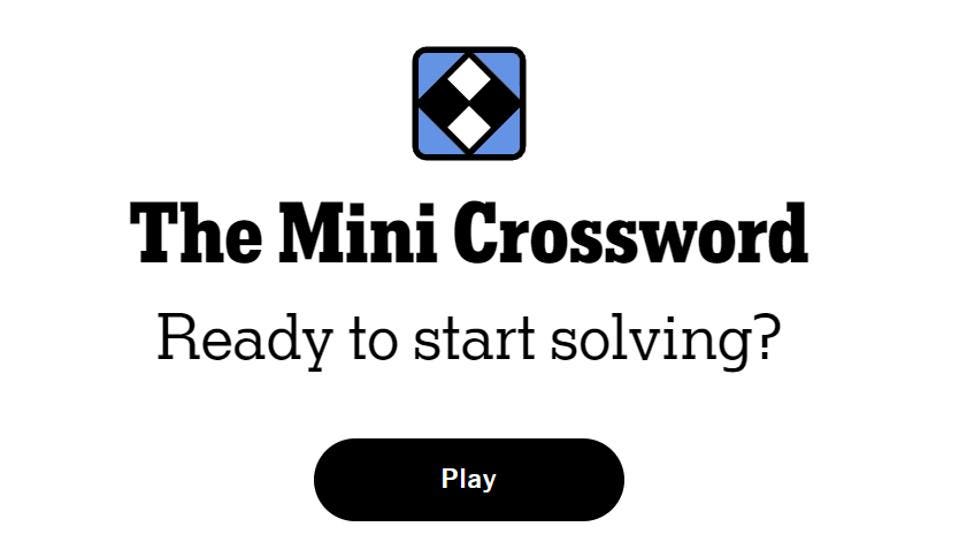Healthy foods may matter more than weight alone.
If you’ve ever made a genuine, perhaps painstaking, effort to eat healthier, only to find that your weight doesn’t budge, it’s easy to feel like you’re failing. Or like your body isn’t behaving like it should. But a few new studies remind us that this isn’t always true.
New research published in the European Journal of Preventive Cardiology by a team at Ben-Gurion and Harvard Universities followed more than 700 adults with abdominal obesity who committed to different types of healthy eating—low-fat, low-carb, Mediterranean, and green-Mediterranean—for up to two years. Nearly a third of them didn’t lose weight, and some even gained weight. But their health improved in meaningful ways.
Perhaps not surprisingly, the people who did lose weight saw the most change in their heart and metabolic stats: each kilogram lost was linked to a 1.44% increase in HDL cholesterol (the good kind), a 1.37% reduction in triglycerides (blood fats), a 2.46% drop in insulin, a 2.79% drop in leptin (the hormone signaling hunger), as well as reductions in blood pressure, liver fat, and liver enzymes.
But the good news for some of us with more stubborn scales was that in those whose weight didn’t change (who tended to be older adults and women), the researchers also measured higher HDL cholesterol, lower levels of leptin, and a reduction in visceral fat (the type that surrounds organs and increases disease risk). These are not meaningless changes—they can reduce long-term risk for heart disease, diabetes, and other chronic conditions.
Also revealing was when the team looked into the biology behind these patterns, they identified 12 DNA methylation sites that predicted long-term weight loss outcomes. These sites may help explain why two people can follow the same diet with different results.
“We have been conditioned to equate weight loss with health, and weight loss-resistant individuals are often labeled as failures,” said lead author and Harvard Chan School postdoctoral researcher Anat Yaskolka Meir in a statement. “Our findings reframe how we define clinical success. People who do not lose weight can improve their metabolism and reduce their long-term risk for disease. That’s a message of hope, not failure.”
This idea—that health and weight loss are not synonymous—echoes across two other new studies, too. (Note that these two were presented at the American Society for Nutrition conference last week, and not yet published in peer-review journals.)
In a massive analysis of nearly 200,000 people over several decades, researchers found that the quality of food mattered more than whether someone followed a low-carbohydrate or low-fat diet. Neither diet was better than the other: Low-carb and low-fat diets both lowered the risk of developing heart disease by about 15% compared to lower quality foods. The difference came from just that—the quality of foods. Eating more whole grains, fruits, vegetables, legumes, and nuts rather than potatoes, refined grains, and saturated fats and proteins from animal-based foods.
In other words, whether your diet has more fat or fewer carbs may be less important than whether you’re eating real food vs. processed foods.
A third study focused simply on…beans. Researchers found that a daily serving of black beans or chickpeas significantly lowered cholesterol and inflammation in people with pre-diabetes over just 12 weeks. While this one only looked at people with pre-diabetes, lots of other research before it has shown health benefits of eating beans for people without pre-diabetes.
The new studies should bring some hope to those of us who were raised to treat diet success like a numbers game, with weight the only outcome that matters. The reality is that in many cases, the body is doing far more behind the scenes than we know.









